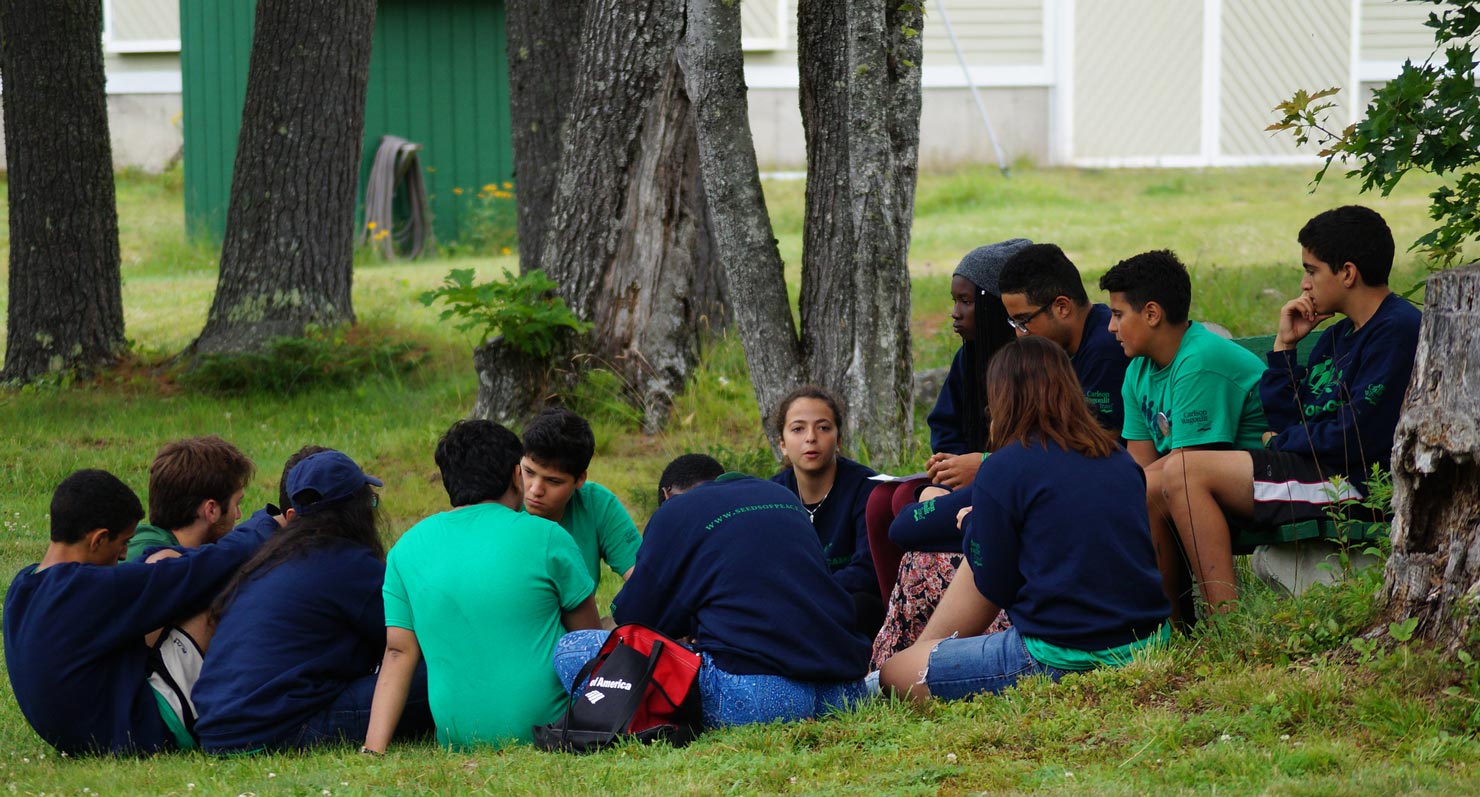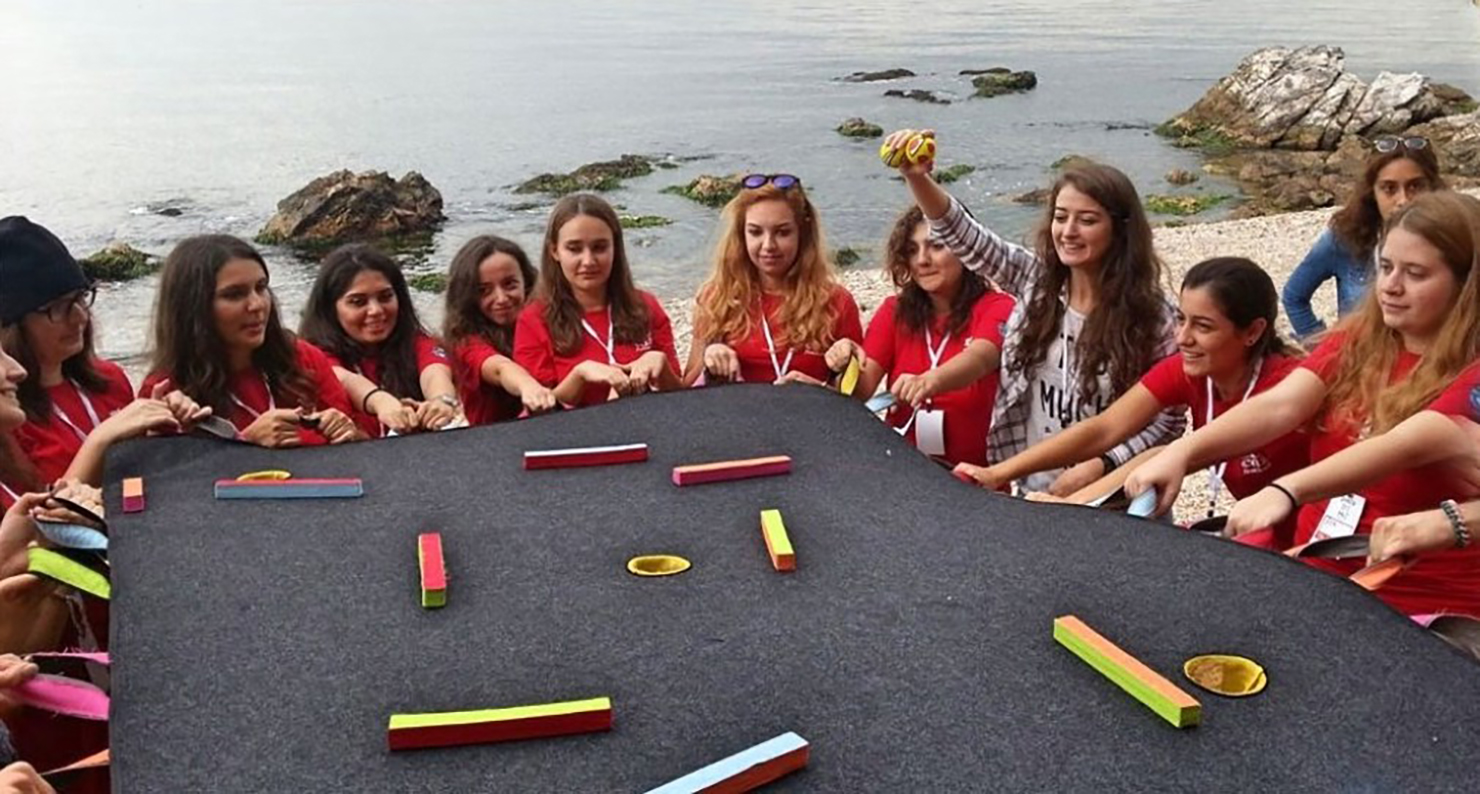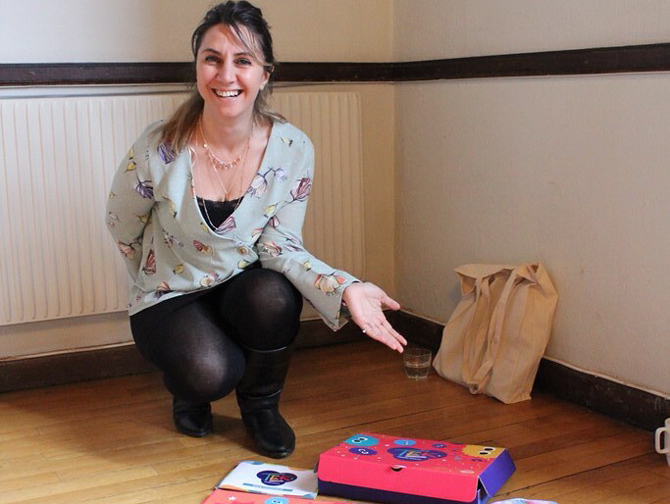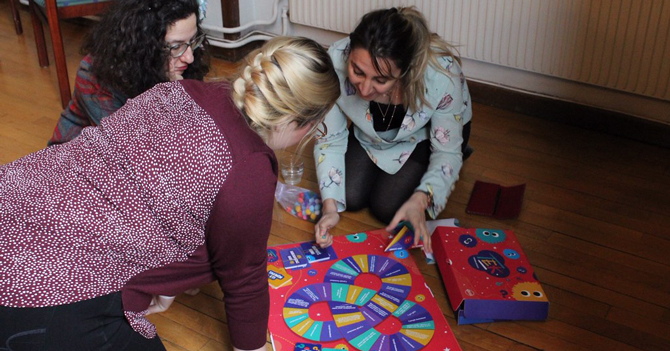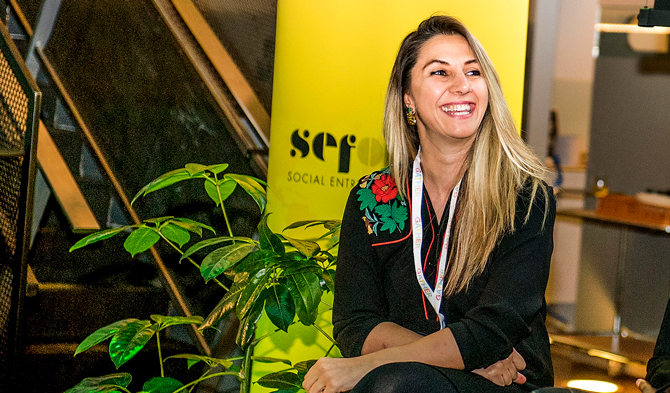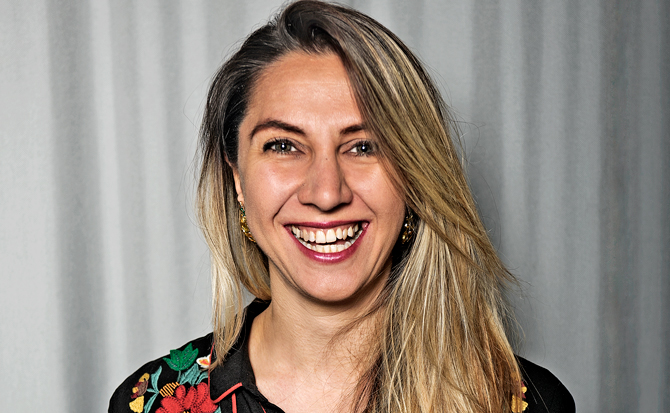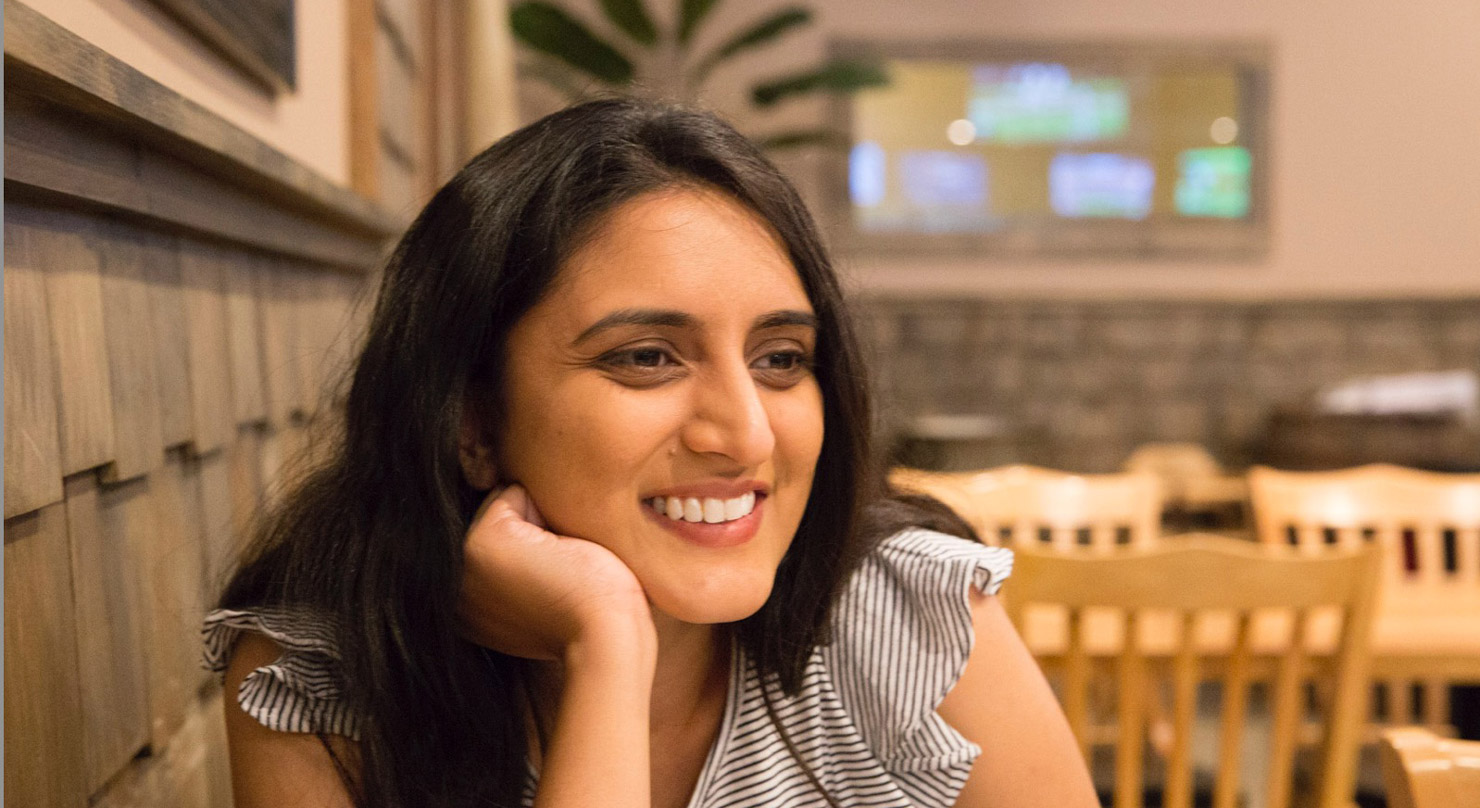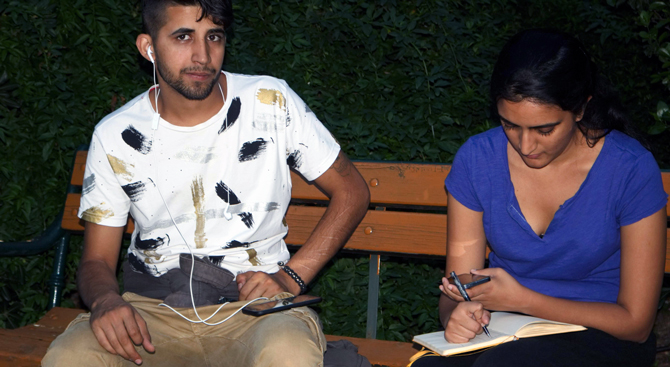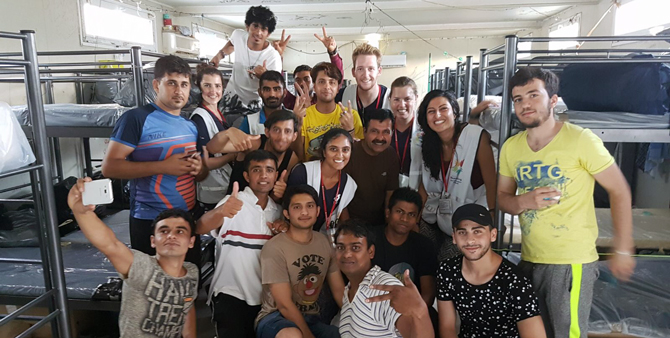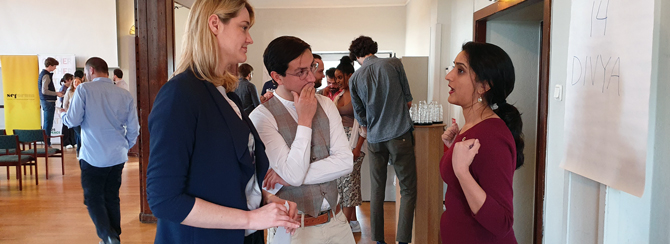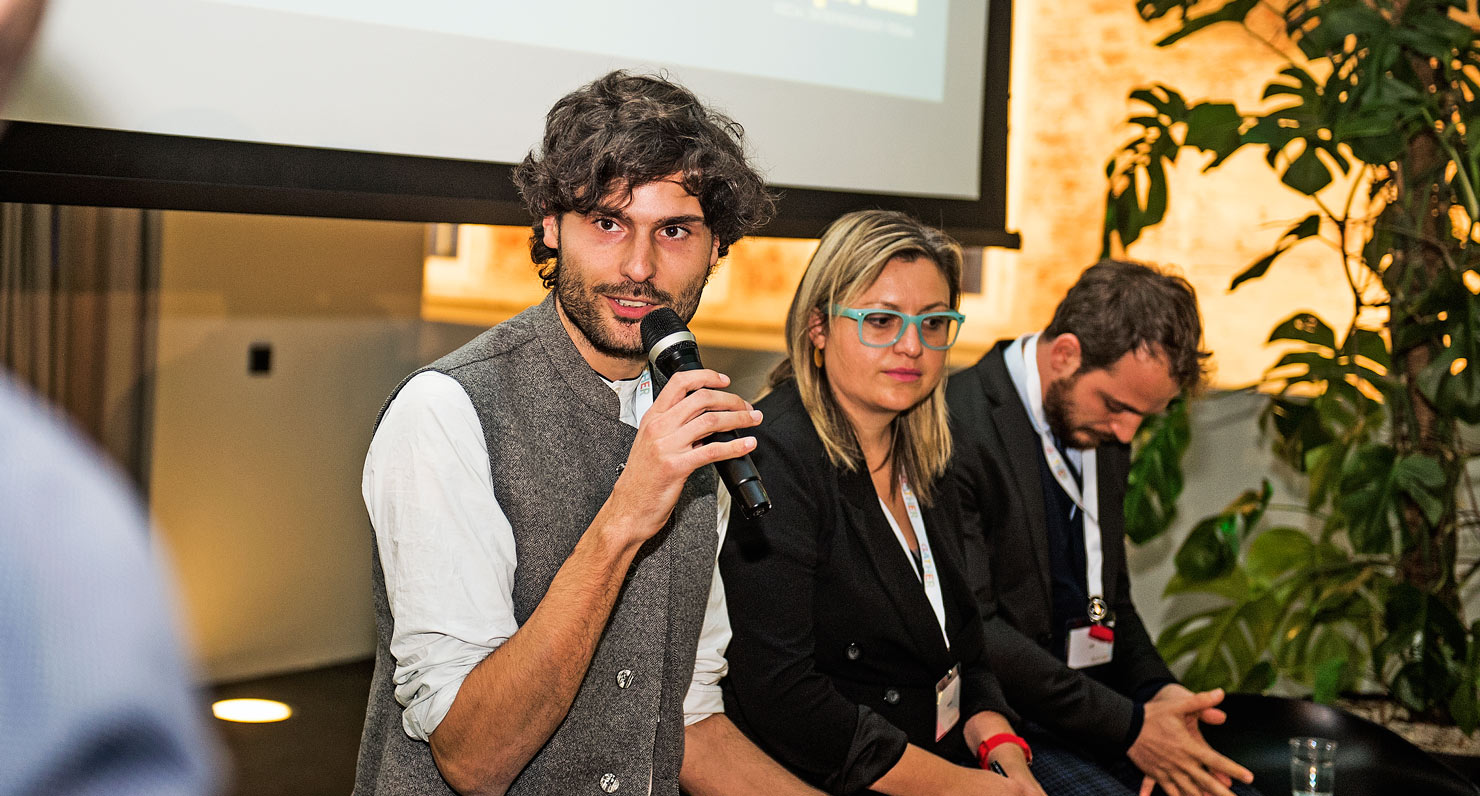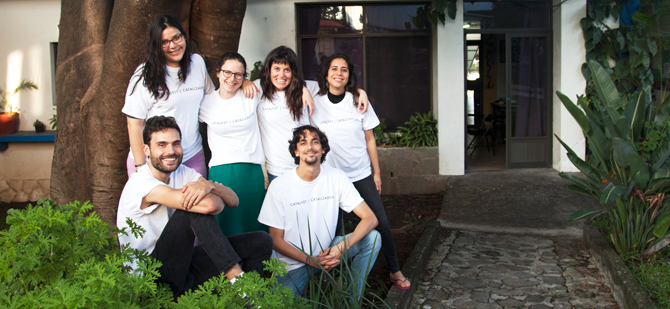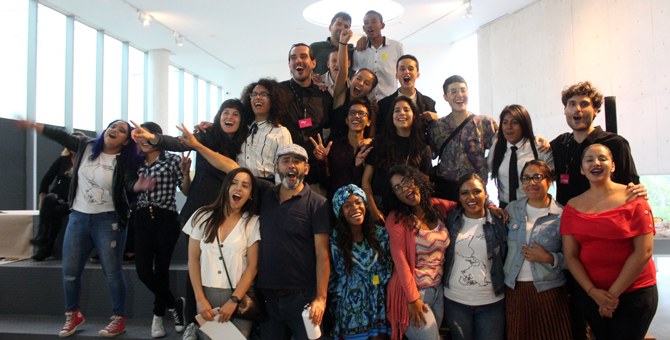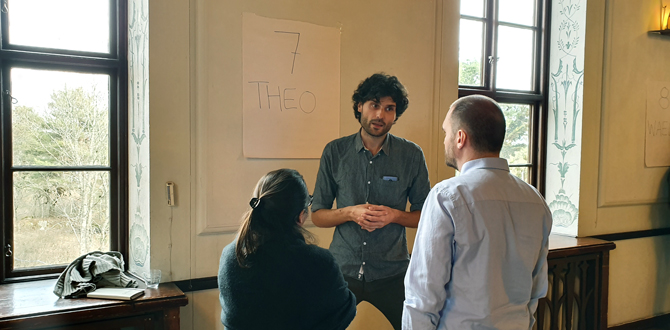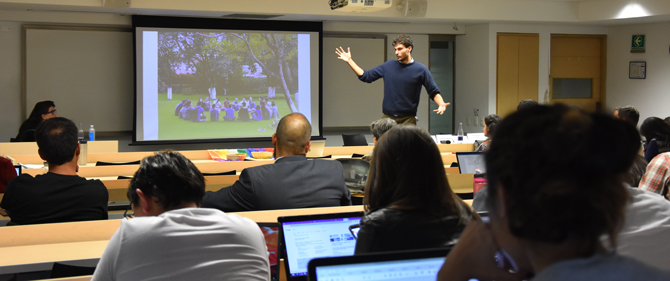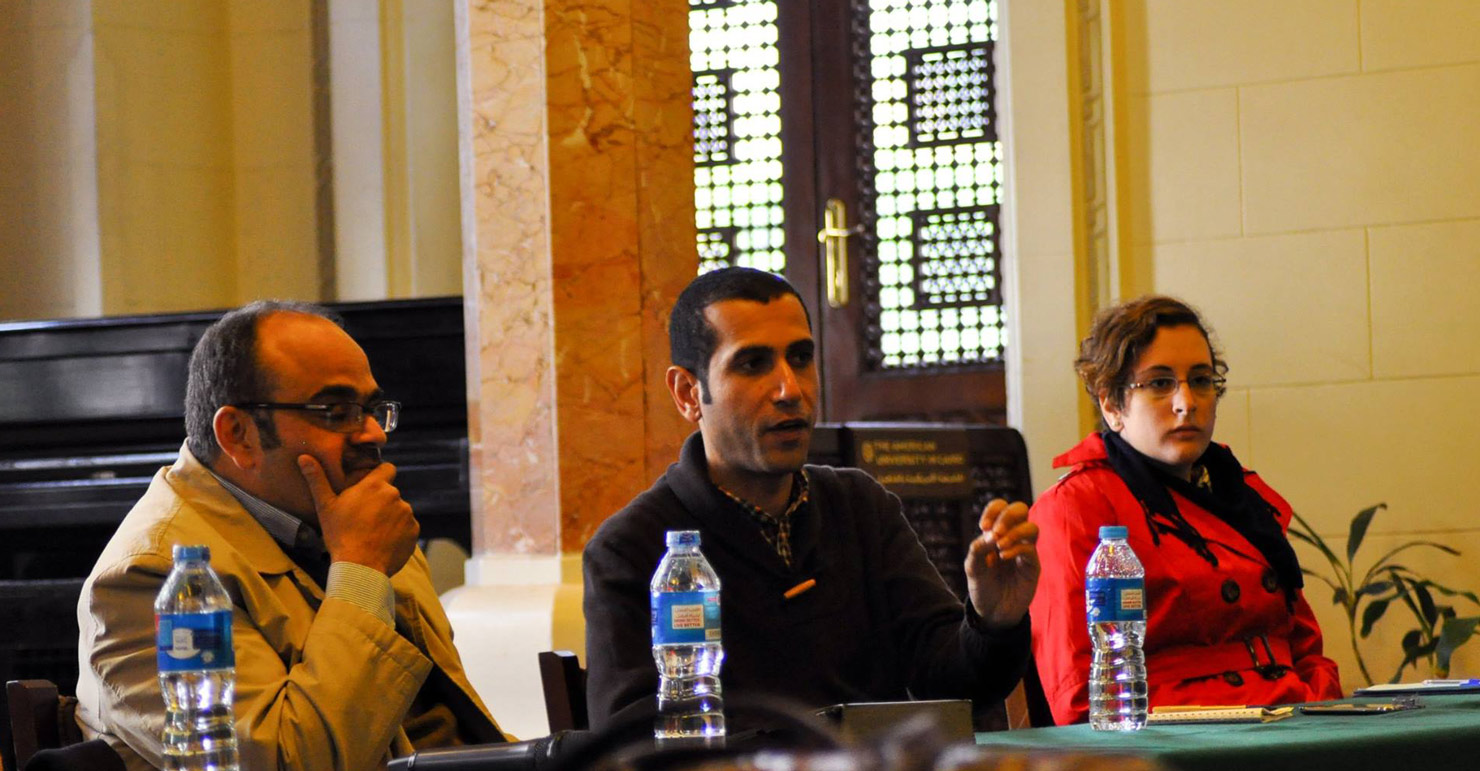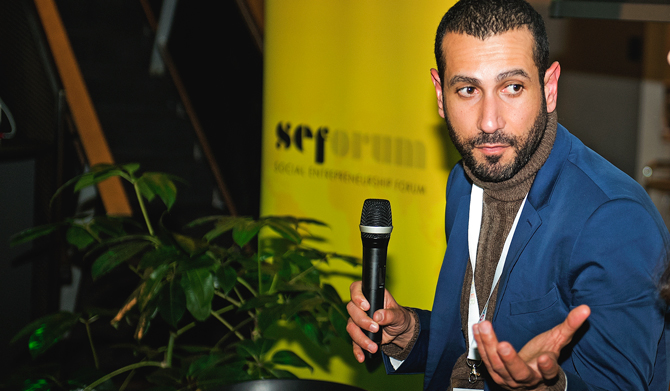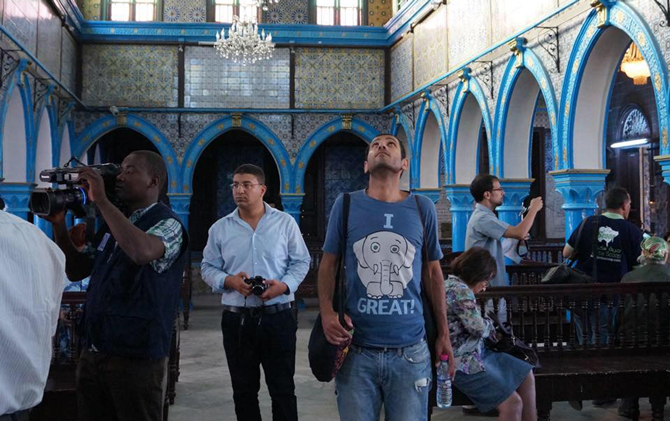Every Sunday, since the GATHER Fellows first met in Sweden this past spring, we have gathered (sorry—had to!) for an hour-long, group-wide virtual check in.
Sixteen Fellows—plus staff who either lead pods or advise Fellows on matters of visibility, sustainability, and professional and personal growth—take part in a weekly video conference call. And most Sundays, one Fellow will lead a skill-sharing or skill-seeking workshop.
This virtual space is a rare one that, week after week, brings people together whose ages span decades, whose geographies span oceans and continents, whose upbringings span religious, ethnic, and cultural divides. And yet, there is a commitment to this collective born of a shared desire to leave this world better than we found it.
But leading change doesn’t always come naturally. Or easy. So on one of our recent calls, we focused on failure.
There was tremendous power in being vulnerable, each of us sharing a time that we failed … what that felt like, and what we gained from the experience.
While we will keep the particulars of our personal failures private, we’d like to share publicly the lessons learned, as well as some resources that we found valuable.
Support is everything
• When we experience failure, seeking support—be it through talk therapy, creative expression, or other processes—can help us work through the healing.
• It is important to lean on others in our networks when we are experiencing failure. ‘Going it alone’ isn’t healthy and will just lead to a longer recovery process.
Knowledge is power
• Being resourceful, a ‘jack of all trades,’ and having the proper and appropriate understanding of what you are getting yourself into is important.
• Don’t rely solely on external players for skills or information; empower yourself to have what you need.
• Remember that even through a failure you still walk away with the skills, knowledge, and objectives you had when you entered into that project, venture, or opportunity. Like education, it cannot be taken away from you.
Trust yourself
• Hindsight may be 20/20, but intuition is always there at the start. We just don’t often think to trust our instincts. Failure serves to reinforce that your intuition was working … and will help build proof of that for the next time.
Keep your larger objectives in mind
• At the end of a failure, it’s important to focus on what actually matters and your commitment.
• Failure doesn’t always bring answers or solutions. Life is often about struggle, and much is gained by navigating through that struggle and finding focus and your voice within it.
• Acknowledge that you will still have future failures, no matter what stage or place your life is in. Plan for them, or at least plan that they will happen again.
Resources (books, videos, even a few songs!)
• Creative Confidence by Tom Kelly
• I Know Why the Caged Bird Sings by Maya Angelou
• Crossing the Chasm by Geoffrey Moore
• Grit by Angela Duckworth
• Falling short: seven writers reflect on failure
• The 5 Dysfunctions of a Team by Patrick lencioi
• The Hard Thing About Hard Things by Ben Horowitz
• The Dip by Scott Godin
• The expert in failure: Caleb Meakins at TEDxManchester
• Fuckup Nights, a worldwide lecture series about glorious failures
• Try Again, by Aaliyah
• … and The Failure Song by our very own Fellow Shira, who created this original tune based on a peer’s failure. Each participant on the call was invited to share brief descriptions of their own failure that Shira will build a song around.
What have you learned from failure? Share your thoughts, or helpful resource, in the comments below.



